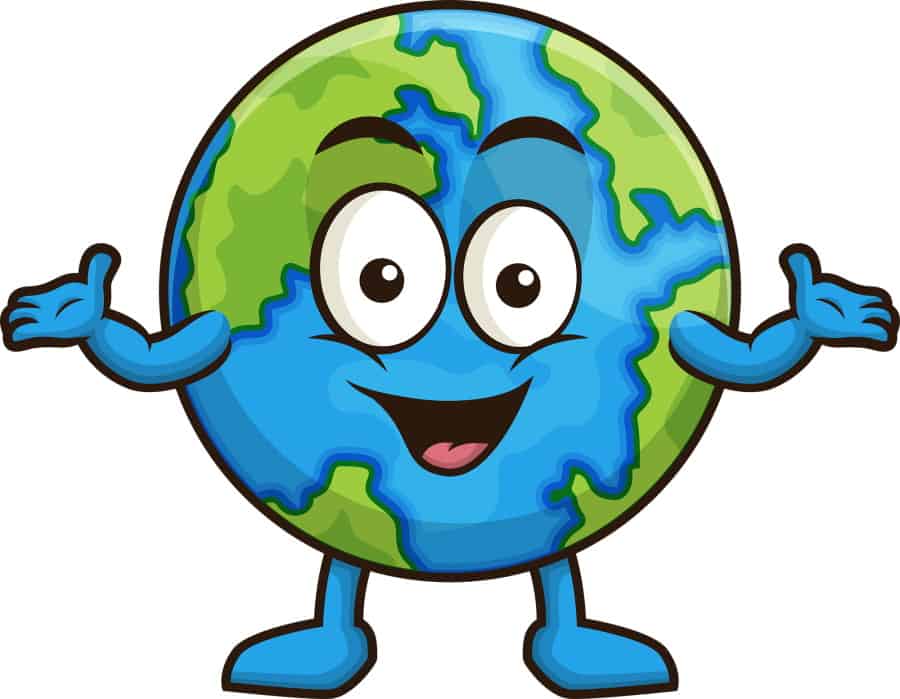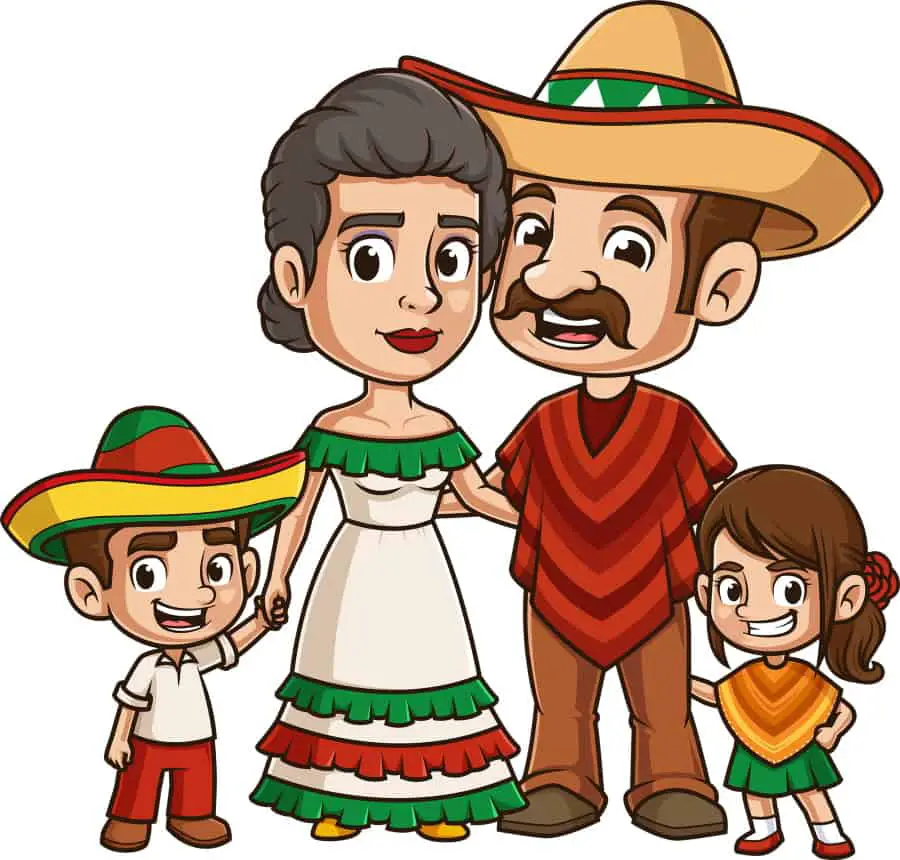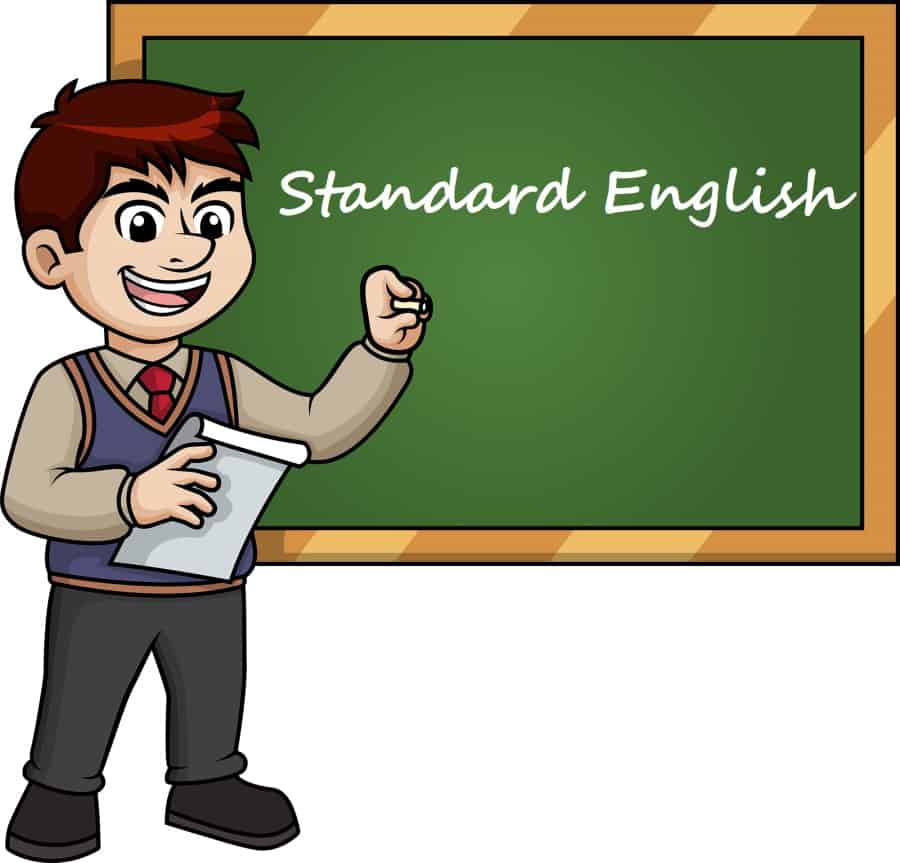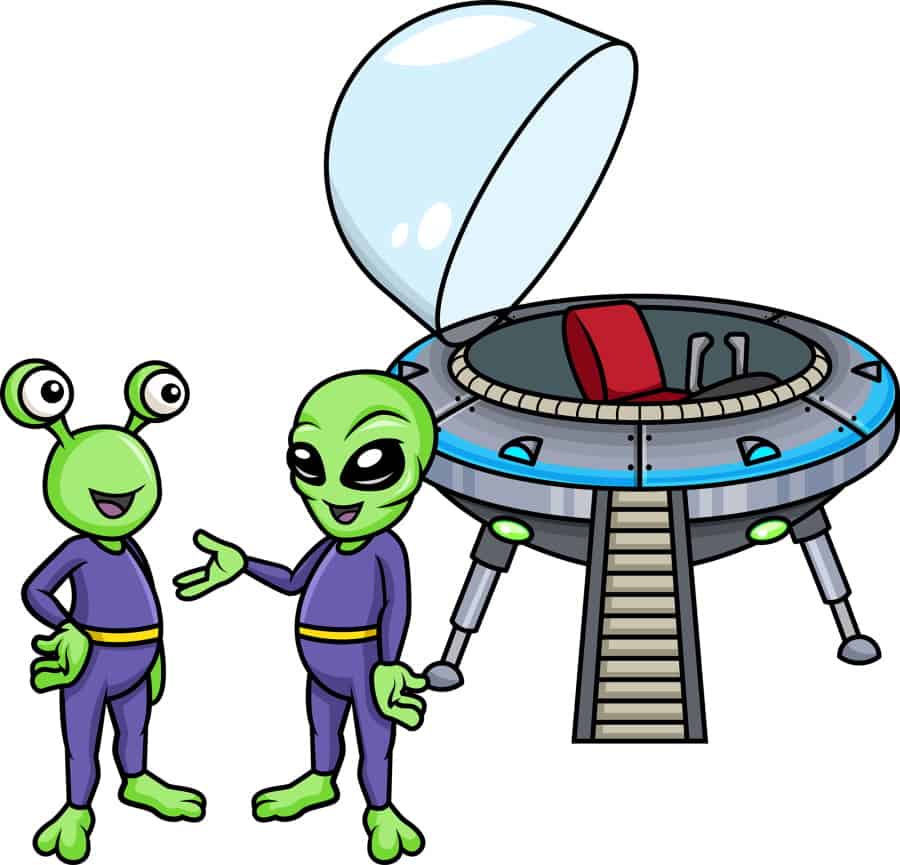
Languages often become standardized within a society. But is it possible to create, standardize, and maintain a universal language throughout the world? Imagine speaking to anyone in any country and being able to understand them. Is it, in fact, possible and plausible to create a true universal language standard?
It is unlikely that a universal language will ever be standardized. This is due to a number of reasons, including: Languages have cultural implications; Technology is already breaking language barriers; and finally, Languages are constantly evolving.
In this article, we’ll discuss each of these reasons in turn. We’ll also look at how a language becomes standardized and some historical attempts at creating a universal language.
Contents
Can a Universal Language Be Standardized?
At first glance, a standardized universal language may seem like a good idea. And maybe it is. The problem is, it will likely never transition from “good idea” to “good reality.”
Language is not simply a tool that can be changed or discarded when a newer, shinier option pops onto the scene. Languages have roots in the identity of the people that use them. The common link in all languages is the people that identify with them.
This is what many social and biological scientists have been overlooking for years. People choose constantly. Their choices become the thing that differentiate one grammar proclivity from what another culture or group chooses to adopt as normal.
People subconsciously want to be original and unique. They choose it in everything from fashion to you guessed it… language.
There have been many attempts at creating a universal language, mostly external by those studying language. Some of these we’ll discuss later on in this article, but none of these attempts have caught on. People have chosen not to combine languages even though they have had many thousands of years and millions of opportunities.
Why not?
Cultural Implications of Language
One major reason for the failure of universal language is that individual languages and dialects are connected to cultural identity. Think about it. There are at least 7,000 recognized languages throughout the world, not to mention the thousands of regional dialects and unofficial languages.
In fact, if you are interested in learning more about the myriad of world languages, Russian linguist, Asya Pereltsvaig, who’s taught at Yale, Stanford, and Cornell, wrote Languages of the World (available at Amazon). Here she introduces readers to the rich diversity of human languages in a non-academic way.
It’s important for us to grasp that the way people talk has become a part of their national and regional identity. Each of those thousands of languages has its own rules; some are standardized, while others are not. And even the rules of standardized languages are not always strictly followed.
Fear of losing one’s cultural identity is the reason some people who have moved to another country hesitate to learn the new language. By learning the new language, it feels like they are losing themselves and their heritage.

This is also why those people with a different native language will often raise their children to be bilingual; they don’t want to lose their culture and heritage, and feel it’s important to pass their mother tongue on to the next generation, whether or not it will be used in the local community.
This demonstrates how language is tied to cultural identity and thus, an obstacle for a universal language, like it or not.
Can you imagine getting over seven billion people speaking thousands of different ways to agree on one standard set of rules? Not only would the task be a major headache; it would be nearly impossible to accomplish.
Think this may not be the case? I can point you to one very simple example:
Esperanto.

Though I will discuss this a bit more later, it deserves mentioning in the context of culture and its relationship to language.
Esperanto is a language developed by a language expert that attempted to unify common threads in grammar and syntax into a new language, separate from cultural influence. This extraction of culture from a language has proven to be a giant obstacle for the movement.
It was designed and released onto the world in 1887 by the Polish linguist Dr. L. Zamenhof. This means that a universal, non cultural language has been in public use for coming up on 150 years. I would wager that many that read this article have never even heard of it.
In a study done by researchers from the University of Amsterdam huge problem has appeared for fans of Esperanto. The worldwide love affair with the culture of the West and specifically of the United States has lead to a more and more universal acceptance of the English language.
Most that see it understand that it is not the irregular and sometimes infuriating grammar, spelling, and pronunciation of English that has caused this phenomenon. It is the culture, lifestyle, and influence of a people and their chosen way of life that is so appealing to so many people.
Something to keep in mind. Does everyone love the U.S.? Yeah, that’s not hard to laugh at. Think everyone will adopt her language? I think not.
Besides, do you personally know anyone that speaks Esperanto? Better yet, know anyone that actually uses it? That’s right. We simply choose not to.
Interpretive Technology
There are various technologies already in place to help people who speak different languages communicate. For example, Facebook AI can translate 100 languages.

In addition, language translation devices are becoming increasingly popular and more effective. These devices allow you to speak in one language and will translate it into another on the spot.
Using a language translation device, it’s possible for people of different languages to have a conversation with each other while each speaking in their own language.
As a teacher, I often relied on interpretive technology to communicate with my students’ families. After all, research shows that communication with ESL families is directly tied to ESL student success.
You might wonder, why didn’t you learn the foreign language if it was such a frequent need? Well, in my case as a teacher in a diverse urban area, that would mean learning 5-10 languages, many quite uncommon such as Twi and Turkish. Therefore, it was just not a realistic expectation.
Instead I used Google Translate and Talking Points services, as limited as they can be at times.
Regardless on limitations, it still seems likely that such technologies will only continue to improve over time. Why then, would we go to the trouble of creating and learning a new universal language?
Language Changes Over Time
Perhaps the biggest reason why a standardized universal language will never work comes from the very nature of language. No language is completely static. Rules change over time, new words get added, new dialects develop.
English is a perfect example. Though considered a standardized language, there are many, many different ways it is spoken. American English is slightly different from British English, and not all Americans speak American English in the same way. We break the rules. Over time, the standards evolve. Every new dictionary has new words added.
“Anyone trying to create a language should know that languages change, and they aren’t all going to change in the exact same way,” says Marc Ettlinger in an article published by Vice.
If you try to create one universal language, “pretty soon, you’re back to having hundreds of languages.”
Another ‘nail in the coffin’ so to speak of us coming up with a universally used, unilaterally understood language is the ever changing nature of English historically until now. Here are just a few things that will start to make your brain hurt if you think about them too long.
- The English of today would be unrecognizable to ‘Olde English’ speakers only a few hundred years ago
- Now ponder the fact that English is simply a Western Germanic Dialect from an older version of German that is unrecognizable to Germans today.
- There are 20,000 cognates that English borrowed from current Spanish
- There are 10,000 cognates that English borrowed from current French
- The majority of these cognates have not only changed meanings and pronunciations, but sometimes mean the exact opposite
This list can get ridiculously long. Just from these few points you can see an emerging track record of how the English language has changed. What do you think will happen to any commonly used ‘universal language’?
Language Standardization Defined
Standardization refers to the process of developing and establishing an accepted form of a language. For example, standard English is taught in schools. It establishes the rules of spelling, grammar, and proper use of the language.

There are two processes by which a language may become standardized; those processes are formal and informal. We’ll take a closer look at each process below and discuss the challenges each process would present to standardizing a universal language.
Formal Standardization
Formal standardization happens relatively quickly. It is most often brought about when a government institution or upper class decides which form of a language is the “correct” form. An example of a formally standardized language is Basque. Standardized in the late 1960s, Basque is a blend of all the local dialects and sub-dialects of the region.
A major challenge with standardizing a universal language in this way would be getting people to agree to it. Humans in general don’t like change, and standardizing a universal language would be a major change that would happen quite quickly.
Different cultures may not agree on the rules of the language, and many people would be opposed to the global governmental authority it would take to standardize a universal language.
Informal Standardization
Informal standardization happens more slowly and naturally, due in part to the methods by which language changes over time.
For example, words such as “into” and “maybe” were once spelled out as two separate words: “in to” and “may be.” Over time, they began to be spelled with a hyphen: “in-to” and “may-be.” Now, “into” and “maybe” are words in their own right, and “in to” and “may be” have completely different applications.
It would never work to establish a universal language this way because we don’t all speak the same language to begin with. Current versions of English, Spanish, and French may develop new standards over time, but they will never simply evolve into one universal language.
Universal Language Examples
Among the countless attempts that have been made to create a universal language, a few have seen small degrees of success. While none of them have been established as true universal languages, they’re worth taking a look at to see how they were created and the attempts that were taken to standardize them.
Esperanto
As mentioned above, Esperanto is by far the most popular language invented to become universal. The entire language was created in the 1800s by a our afore mentioned Dr. L.L. Zamenhof. To be fair, Zamenhof originally developed Esperanto to become a universal second language.
With around two million speakers of Esperanto around the world today, the language has fallen far short of universal status. But it has survived for well over 100 years. In fact, it’s so popular as a second language that some speakers have taught it as a first language to their children.
This all really only amounts to a hobby or an interesting oddity, and can’t seriously be considered as a viable candidate for the title of ‘universal language’.
Lojban
Lojban was originally known as Loglan, which was created by Dr. James Cooke Brown in the 1950s. It contains vocabulary from the six most commonly used languages in the world and became popular due to its simplicity and logic.
When people tried to change and add to the language, it got caught in a battle over property rights. This led to its eventual renaming as Lojban. It is now a popular internet language and is considered a promising way to communicate with artificial intelligence in the future.
aUI
aUI is a science fiction-esque language created by John W. Weilgart, who proclaimed it “The Language of Space.”

Though few people consider it a viable universal language, many are drawn to the unfamiliarity and bizarreness of aUI. Weilgart stated the language was taught to him by an extraterrestrial being who claimed it was used as a universal language throughout the universe.
Despite its simplicity, it never gained much popularity. Although that could be related to its strangeness, too.
Final Talking Point on Can Language Learning Be Universally Standardized
The idea of a universal language continues to intrigue people around the world; it certainly seems like it would simplify things.
But standardizing a language would be difficult, if not impossible, due to cultural reasons and the very nature of language. How would we decided which language to use for the entire world?
Other obstacles to standardizing a language are that words and rules change over time; thus, it seems most likely that even a standardized universal language would eventually divulge into many different languages.
Sources Used
